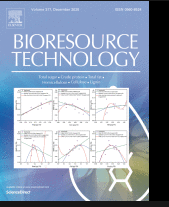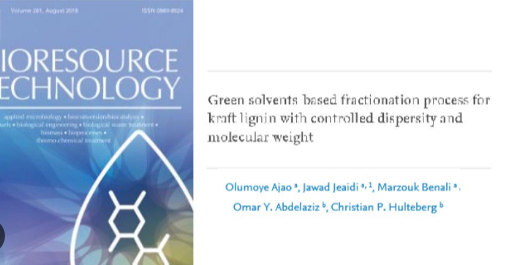Introduction:
Bioresource technology is a rapidly evolving field that harnesses the power of natural resources to develop sustainable solutions for various industrial and environmental challenges. This interdisciplinary approach combines biology, chemistry, engineering, and environmental sciences to maximize the utilization of renewable resources and minimize the impact on the environment. In this article, we explore the features and potential of bioresource technology, and its applications, and address some frequently asked questions.

Features of Bioresource Technology:
- Renewable Energy Generation: One of the primary focuses of bioresource technology is the production of renewable energy from organic matter. Through processes like anaerobic digestion and biomass gasification, organic wastes such as agricultural residues, food waste, and sewage sludge can be converted into biogas, biofuels, and bioelectricity. This renewable energy can help reduce dependence on fossil fuels and mitigate greenhouse gas emissions.
- Waste Valorization: Bioresource technology offers innovative solutions for waste management and valorization. Instead of disposing of organic waste materials, they can be transformed into valuable products. For instance, composting can convert organic waste into nutrient-rich fertilizers, while bioconversion processes can turn waste into bio-based chemicals and materials, reducing the reliance on fossil-fuel-derived alternatives.
- Bioremediation: Contaminated soil and water pose significant environmental challenges. Bioresource technology utilizes microorganisms and plants to remediate pollutants and restore ecosystems. Through processes like phytoremediation and biostimulation, bioresource technology offers effective and sustainable solutions for cleaning up contaminated sites, minimizing environmental risks, and improving overall environmental health.
- Sustainable Agriculture: Bioresource technology plays a vital role in sustainable agriculture practices. It provides eco-friendly alternatives to synthetic fertilizers and pesticides, promoting organic farming methods. Biofertilizers, biopesticides, and biocontrol agents derived from natural resources offer effective pest and disease control, enhance nutrient uptake, and improve soil fertility, ensuring long-term agricultural productivity without harming the environment.
- Circular Economy: Bioresource technology supports the transition to a circular economy by promoting the efficient use of resources. It encourages the concept of waste as a valuable resource and focuses on recycling and reusing organic materials. By adopting bio-based processes and products, industries can minimize waste generation, conserve natural resources, and reduce environmental impact.

FAQs (Frequently Asked Questions):
Q1. What are the main advantages of bioresource technology?
Bioresource technology offers several advantages, including the production of renewable energy, waste management and valorization, environmental remediation, sustainable agriculture practices, and the promotion of a circular economy. It reduces reliance on fossil fuels, minimizes waste generation, and contributes to a greener and more sustainable future.
Q2. How does bioresource technology contribute to reducing greenhouse gas emissions?
Bioresource technology plays a significant role in reducing greenhouse gas emissions. Through processes like anaerobic digestion, organic waste is converted into biogas, which can be used as a renewable energy source. This displaces the need for fossil fuels, thus reducing carbon dioxide and methane emissions.
Q3. Can bioresource technology be applied on a large scale?
Yes, bioresource technology can be scaled up for large-scale applications. Many countries and industries are already implementing bioresource technology solutions to address energy and environmental challenges. Continuous advancements in technology and increasing awareness of the benefits of bioresource technology are driving its adoption at a larger scale.

Q4. Is bioresource technology economically viable?
Bioresource technology offers economic viability through various means. For example, the production of renewable energy from organic waste can generate revenue and reduce energy costs. Waste valorization can lead to the production of high-value products, creating new market opportunities. Moreover, sustainable agriculture practices using bioresource technology can improve crop yields and reduce
